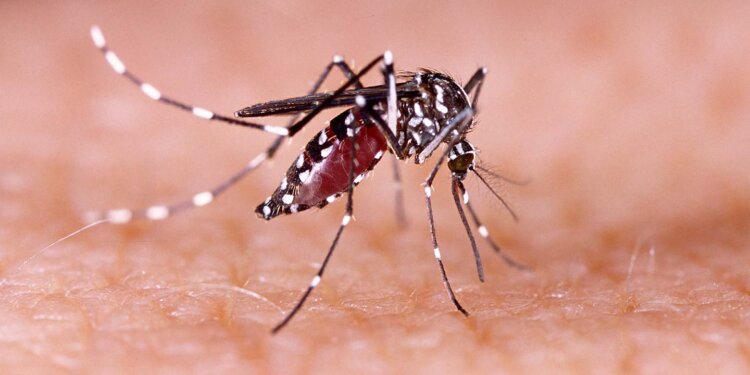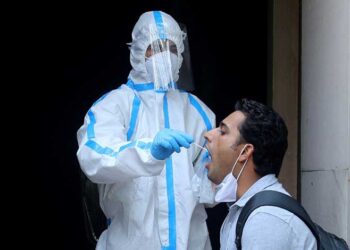The beginning of the monsoon season has resulted in significant rains in different states during these days. While the rain has caused flooded roads, drowned automobiles, and, sadly, fatalities, it has also caused an upsurge in cases of mosquito-borne diseases such as dengue.
Dengue fever is a viral infection spread by the bite of the Aedes aegypti mosquito. Dengue fever is classified into two types: classical dengue fever, popularly known as “break bone” fever, and dengue haemorrhagic fever (DHF), which is fatal.
According to data supplied by city officials, Delhi has reported 136 dengue cases this year as of July 8. 40 of these cases were reported in June, 23 in May, and 14 between July 1 and July 8.
Dengue fever symptoms usually develop 5-6 days after being bitten. On the fifth day of illness, these symptoms include a sudden high-grade fever, pain behind the eyes, muscle and joint pain, severe headache, abdominal fullness and discomfort, and a skin rash with red spots.
During this time, health professionals recommend seeking prompt medical guidance and seeking consultation as soon as the first signs or symptoms appear.
Dr. Tushar Tayal, Consultant of Internal Medicine at CK Birla Hospital, advised using a repellent containing 20% to 30% DEET or 20% Picaridin on exposed skin to avoid getting infected with dengue.
In reality, long-sleeved, breathable clothing in neutral colors is recommended. “Wear long-sleeved, breathable, neutral-colored (beige, light grey) garments,” said Dr Tayal.
It is also critical to remove water containers from near houses and to keep door and window screens in good working order.
Dr Mugdha Tapdiya, Senior Consultant, Internal Medicine, Fortis Hospital, Vasant Kunj, recommended removing mosquito breeding grounds by emptying, covering, or treating containers that hold water as stagnant water is a common breeding area for mosquitoes.
Dr Tapdiya added not to expose your skin in open environments. “Do not expose your skin in open environments. We must wear long-sleeved shirts, long pants, socks, and shoes to minimise the risk of mosquito bites. Use mosquito nets or screens on windows and doors to avoid the entry of mosquitoes inside your home or workplace,” the expert said.
Dr Tapdiya added not to expose your skin in open environments. “Do not expose your skin in open environments. We must wear long-sleeved shirts, long pants, socks, and shoes to minimise the risk of mosquito bites. Use mosquito nets or screens on windows and doors to avoid the entry of mosquitoes inside your home or workplace,” the expert said.
Avoid outside activities in the early morning and late afternoon because this is when mosquitos are most active. Stay hydrated by getting plenty of rest and drinking lots of water.
Seek medical assistance if you have dengue symptoms or believe you have been exposed to the virus.
When it comes to treatment, Doctor advises patients not to self-medicate with aspirin or NSAIDs (non-steroidal anti-inflammatory drugs), since this can lead to issues impacting the patient’s immune system.
Source:IT







 Finance
Finance







